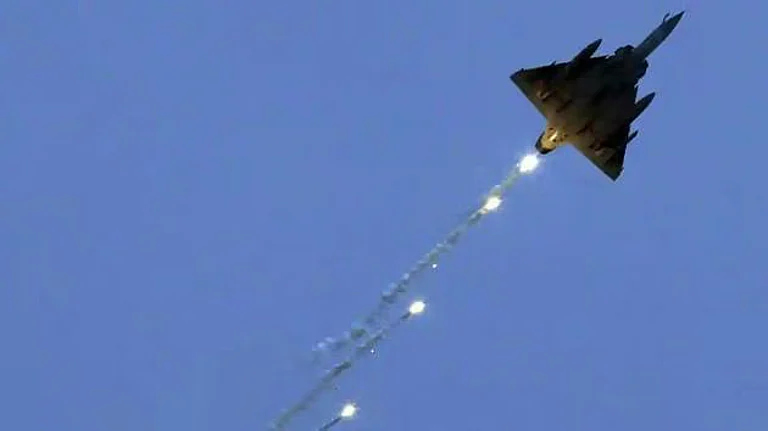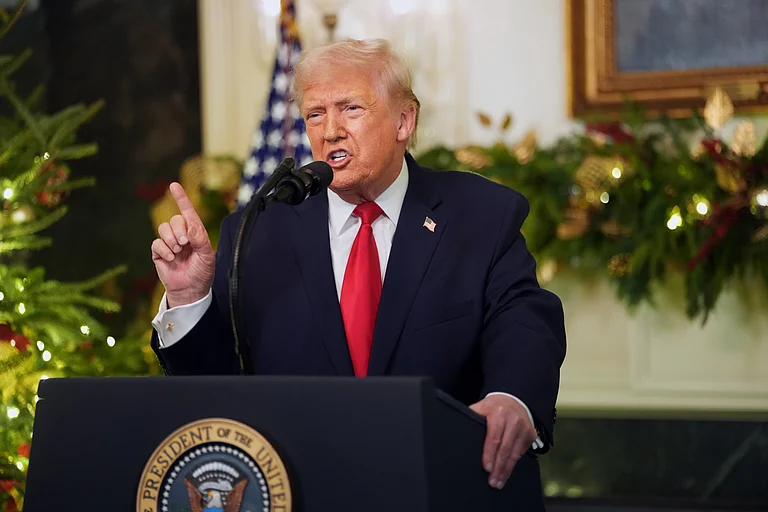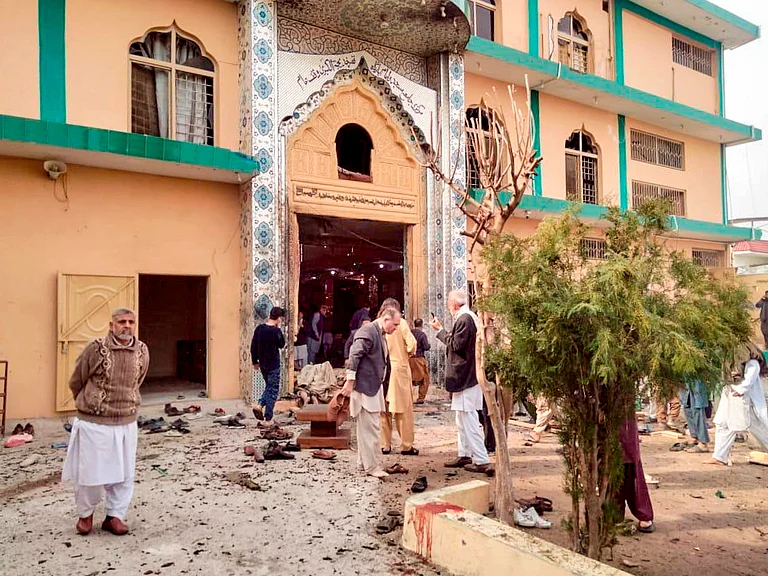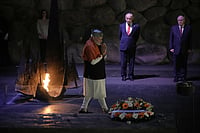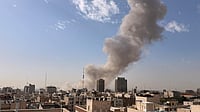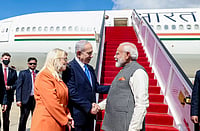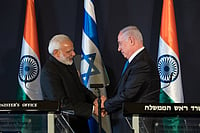
- Pakistan’s ties with the U.S. have strengthened after Prime Minister Shehbaz Sharif and Army Chief Asim Munir’s meetings with President Trump.
- Washington’s renewed interest comes as U.S.–India relations sour over trade disputes and Ukraine.
- Pakistan’s regional relevance has also grown through a new defense pact with Saudi Arabia, seen as a response to Israeli aggression.
Pakistan’s prime minister Shehbaz Sharif and army chief Asim Munir were at the White House on Thursday for lunch with President Donald Trump, signalling a dramatic improvement of US–Pakistan ties. Islamabad’s diplomatic and military profile got a major boost in the aftermath of Operation Sindoor.
This is the second meeting between Trump and Field Marshal Munir. Earlier in June, Trump had hosted the visiting army chief for lunch, something rarely done for any military top brass. But Trump is not one to stand on ceremony. Few details of what was discussed are available.
Trump’s Interest in Pakistan
What has triggered Trump’s interest in Pakistan is uncertain. Earlier he had lambasted Pakistan as a country that harbours terrorists but changed his tune once Islamabad proposed his name for the Nobel and thanked him profusely for his role in stopping the India-Pakistan aerial war. India had pushed back against Trump’s claim to his role as peace maker, saying it was a decision taken by the military leaders of both countries.
Trump, already angry with New Delhi on not acknowledging his peace efforts, fell out with India over a bilateral trade agreement. He slapped a 25 percent tariff on Indian imports and added another 25 percent for buying discounted Russian oil. He and his top Cabinet aides began pointing a finger at India for the deaths in the Ukraine war.
With the trade agreement nowhere being finalised, Trump began to concentrate on Pakistan. An agreement to supply critical minerals and rare earth to the US was signed with Pakistan, with a US firm investing $500 million. There is also the promise of joint development of Pakistan’s untapped oil reserves. The two countries have also signed a bilateral trade agreement in July, where Pakistan’s exports to the US get a 19 percent tariff charge. That is much better than what is being offered to other South Asian countries. Things are certainly looking up for US-Pakistan ties.
After decades of excellent ties between Washington and Islamabad, relations came to a breaking point during the last several years of US presence in Afghanistan. Trump himself, as well as other American generals and officials believed that Pakistan was playing both sides and often forewarned the Taliban about US military operations. As India’s stocks grew in the West, Pakistan’s value went down and after the US’s chaotic withdrawal from Afghanistan, Washington seemed to have shut the door to both Pakistan and Afghanistan.
Islamabad was dismissed in Washington as a problem partner. Though China remained a fast friend, Pakistan appeared quite friendless as Western countries followed the US line. During his term, Joe Biden refused to engage with then–Prime Minister Imran Khan. But Pakistan is now back with a bang in the diplomatic frame. Not just for the US but for others as well.
Saudi-Pakistan Defense Agreement
The recent defense pact between Saudi Arabia and Pakistan further underscores Islamabad’s growing regional relevance. The strategic mutual defense agreement, signed with much fanfare in Riyadh, lays the ground rules of mutual military cooperation and provides for the two to come to each other’s aid if and when necessary. There is also talk of Pakistan providing a nuclear umbrella to Saudis in case of a nuclear threat. However nobody is certain about this as the full text of the agreement has not been publicly released.
Why did the Saudis suddenly want a defense agreement with Pakistan?
It is well known that Islamabad has had a defense protocol agreement with the Kingdom since 1982. This allows Islamabad to send military forces to Saudi Arabia whenever the kingdom needed help. During the Gulf war Pakistan’s military were deployed to protect holy sites in the kingdom.
In case of an India-Pakistan conflict, will Saudi Arabia come to Islamabad’s help? More so, as the Saudis have excellent political and economic ties with India. No one is clear if the Saudis will merely lend diplomatic support to Pakistan or do more? The kingdom is unlikely to send troops to fight India.
The Pakistan-Saudi defense pact is a reaction to Israel's unprovoked attack on Hamas negotiators in Doha. The action traumatized the entire region and was seen as Israeli muscle flexing to assert its military dominance. The US, Israel’s close ally and a friend of all the Gulf Cooperation council member states, let this happen without blinking an eyelid. The fear of Israel’s military dominance of the region, and Washington always backing Tel Aviv, led to Riyadh looking for alternatives to deflect Israel if needed. And Pakistan fits the bill.
For Pakistan, the high-profile embrace offers a badly needed validation at a time when its economy struggles and its global standing is going down.








